This year’s Michelin Gourmand Bib sported 16 new entries in the 126-strong Taiwan directory. The fight for the best braised pork rice and the crispiest scallion pancake painstakingly continued, but what stood out in the lineup this year? Pang Taqueria (胖塔可利亞); Taiwan’s first Michelin-recommended Mexican restaurant.
Chef Charles Chen (陳治宇) is a self-confessed Americophile, earning his chef whites at a fine-dining Latin-American fusion restaurant.
But what makes this Xinyi (信義) spot stand head and shoulders above Taipei’s existing Mexican offerings? The authenticity. The produce. The care.
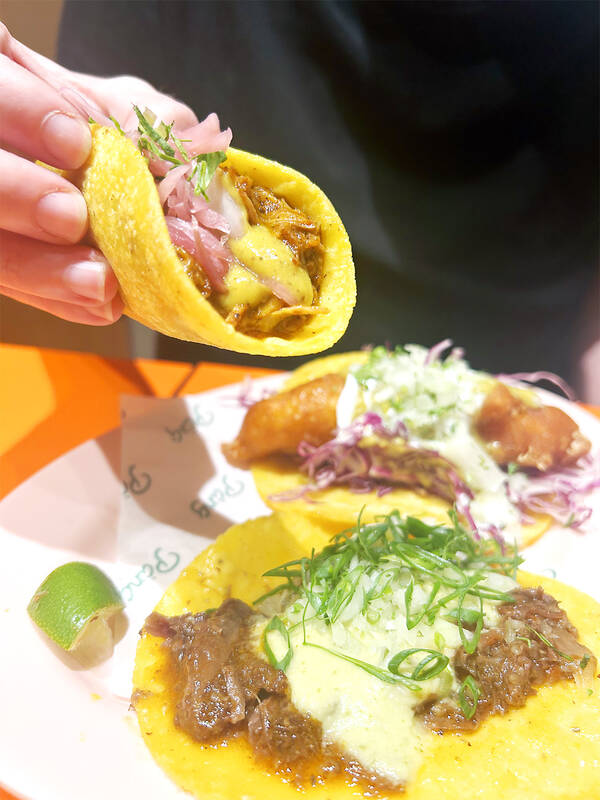
Photo: Hollie Younger
AUTHENTIC EATS
In my time on the island, I have caved too many times to expat pub grub in a quest to quench homesickness; not for the infamously flavorless cuisine of my homeland but the vibrant international fusion that now defines the London culinary scene.
In Taipei, I have watched my mulled wine clingfilmed and microwaved at the bar. I have borne insult to many a squid pizza. Don’t get me started on the Thai stir fries served with no chilies because “you’re a foreigner.”
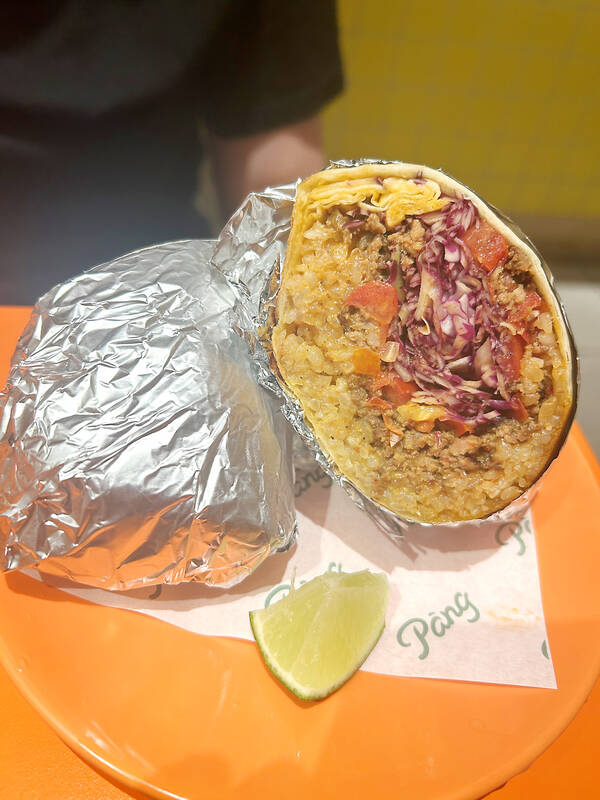
Photo: Hollie Younger
As a Latin food lover, I’ve also endured many bland flour-tortillas stuffed with cheap cheese and unseasoned meat, wrapped up in the pillowy guise of a “Mexican burrito.” All this to say, I approached Pang Taqueria with a fair dollop of skepticism.
On first impressions, Pang is a small establishment that could house 20 small-framed patrons on a good day. The lights are bright, the tables are neon orange and the open kitchen gives more laidback lunch spot than fine dining. The inspiration is the taquerias of Mexico and the focus is the food. You will find no sombreros or Day of the Dead decor here.
But what identifies Pang, squeezed among furniture stores on a quiet alley by Linjiang Night Market, is the waiting crowd. Chen says business has picked up since his Michelin recognition, but Wednesday night’s 20-minute wait was well worth it.
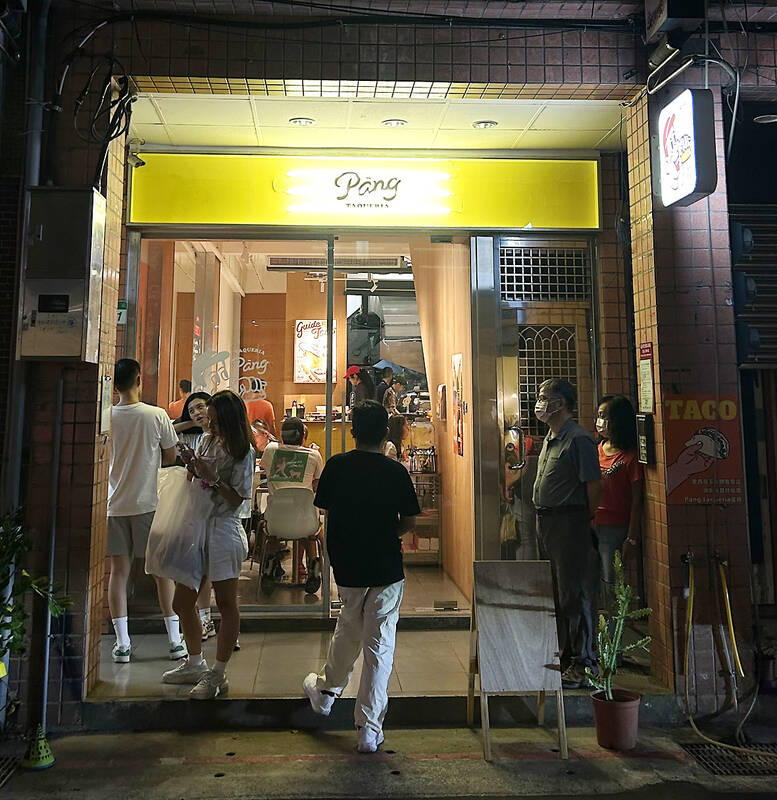
Photo: Hollie Younger
PRODUCE MAKES PERFECT
Uniquely, Pang sources many Taiwanese ingredients and incorporates local flavors to Mexican classics. Take the Tripa taco with Taiwanese-style pork intestines (NT$140) and the horchata (NT$120) using rice milk from Taitung.
Chen says Mexico and Taiwan share many characteristics, from climate to produce to local palettes. His experience in Mexican cuisine also taught him a more carefree culinary attitude, “for us, tacos are just a vehicle for the flavors... what you put on it is limitless.”
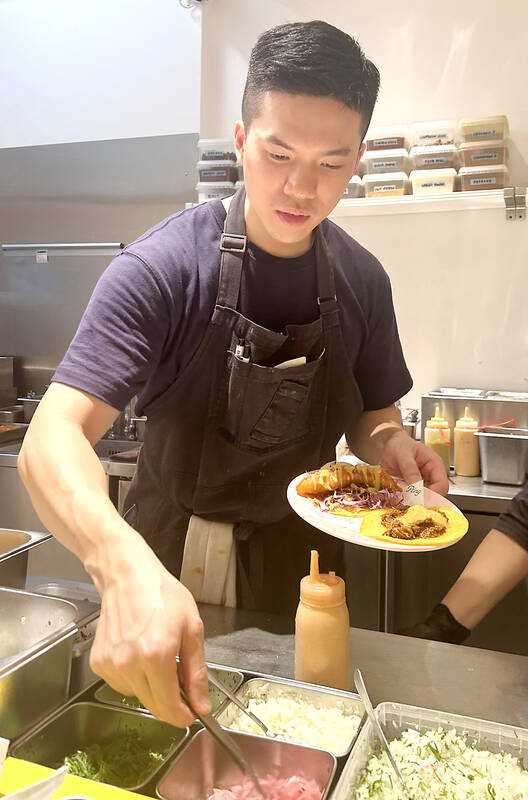
Photo: Hollie Younger
Chen also uses locally-grown corn to hand-prepare masa dough for his in-house corn tortillas every day. In every taco, this perfectly dense, mealy wrap holds the staunch line of defense between his expert blends of saucy proteins and my t-shirt. No floppy tortillas here.
The Michelin guide showcases Chen’s signature cochinita pibil taco (NT$140): slow-cooked pork shoulder, house-made habanero salsa and hibiscus-pickled onion. It’s incredibly rich and complex — is that cinnamon? Can you taste nutmeg? Truly one of the most layered and harmonious flavor hits I’ve taken this year.
But what would keep me running back is the elote (NT$180), a grilled corn salad with crumbly feta, punches of onion and cilantro, a spicy crema I could have eaten by the bucket-load, and an addictive smokiness: these guys individually blowtorch each helping right at the open kitchen, and it’s not just for show. This is the must-eat on every table. Some couples have tucked into a bowl each.
My go-to order, and personal taco litmus test, is always a Baja fish taco (NT$150); a hearty chunk of beer-battered white fish slathered with sour cream, slaw and tangy pico de gallo. Chen’s holds its own with any I’ve tried, including in Baja birthplace San Diego. When you’re drowning fried foods in avocado crema and habanero oil, it’s difficult to stave off the sogginess. But Pang’s offering is perfectly crispy until the very last bite; they’re made to order and served up the second they add that last sprig of cilantro.
We also sampled the Birria taco (NT$140), a hearty stew of slow-cooked Australian beef cheek, and the Chorizo burrito (NT$330).
Two to three tacos per patron, and as much of the corn elote you can fit in, is the perfect order, washed down with a cool bottle of Corona (NT$150). The price is high for Taipei but an absolute steal for this level of craftsmanship, authenticity and world-class ingredients.
Even without the Bib gourmand, word of mouth is super-spreading across the city, and for good reason.
There was only one thing criminally missing at Pang’s, I thought, as I parked a seat at one of Xinyi’s many cocktail bars and finally sipped on an ice-cold margarita.
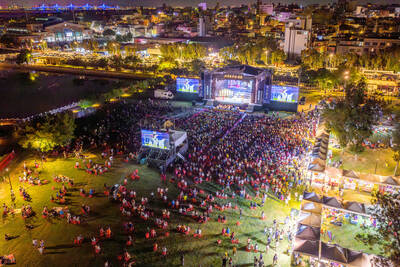
Last week the Chinese Nationalist Party (KMT) announced that the legislature would again amend the Act Governing the Allocation of Government Revenues and Expenditures (財政收支劃分法) to separate fiscal allocations for the three outlying counties of Penghu, Kinmen and Matsu from the 19 municipalities on Taiwan proper. The revisions to the act to redistribute the national tax revenues were passed in December last year. Prior to the new law, the central government received 75 percent of tax revenues, while the local governments took 25 percent. The revisions gave the central government 60 percent, and boosted the local government share to 40 percent,
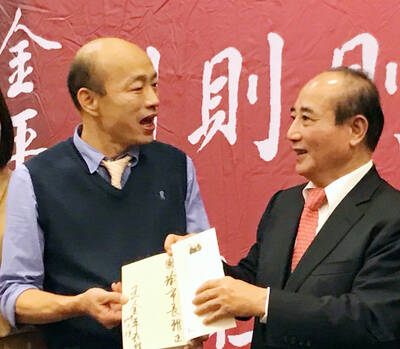
Many will be surprised to discover that the electoral voting numbers in recent elections do not entirely line up with what the actual voting results show. Swing voters decide elections, but in recent elections, the results offer a different and surprisingly consistent message. And there is one overarching theme: a very democratic preference for balance. SOME CAVEATS Putting a number on the number of swing voters is surprisingly slippery. Because swing voters favor different parties depending on the type of election, it is hard to separate die-hard voters leaning towards one party or the other. Complicating matters is that some voters are
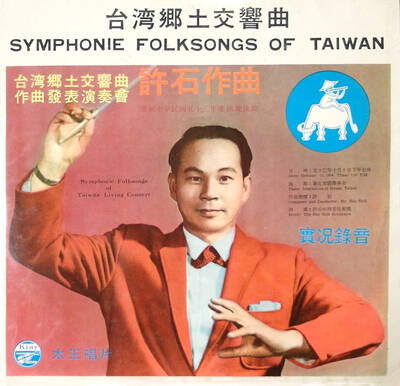
Sept 22 to Sept 28 Hsu Hsih (許石) never forgot the international student gathering he attended in Japan, where participants were asked to sing a folk song from their homeland. When it came to the Taiwanese students, they looked at each other, unable to recall a single tune. Taiwan doesn’t have folk songs, they said. Their classmates were incredulous: “How can that be? How can a place have no folk songs?” The experience deeply embarrassed Hsu, who was studying music. After returning to Taiwan in 1946, he set out to collect the island’s forgotten tunes, from Hoklo (Taiwanese) epics to operatic

Five years ago, on the verge of the first COVID lockdown, I wrote an article asking what seemed to be an extremely niche question: why do some people invert their controls when playing 3D games? A majority of players push down on the controller to make their onscreen character look down, and up to make them look up. But there is a sizable minority who do the opposite, controlling their avatars like a pilot controls a plane, pulling back to go up. For most modern games, this requires going into the settings and reconfiguring the default controls. Why do they